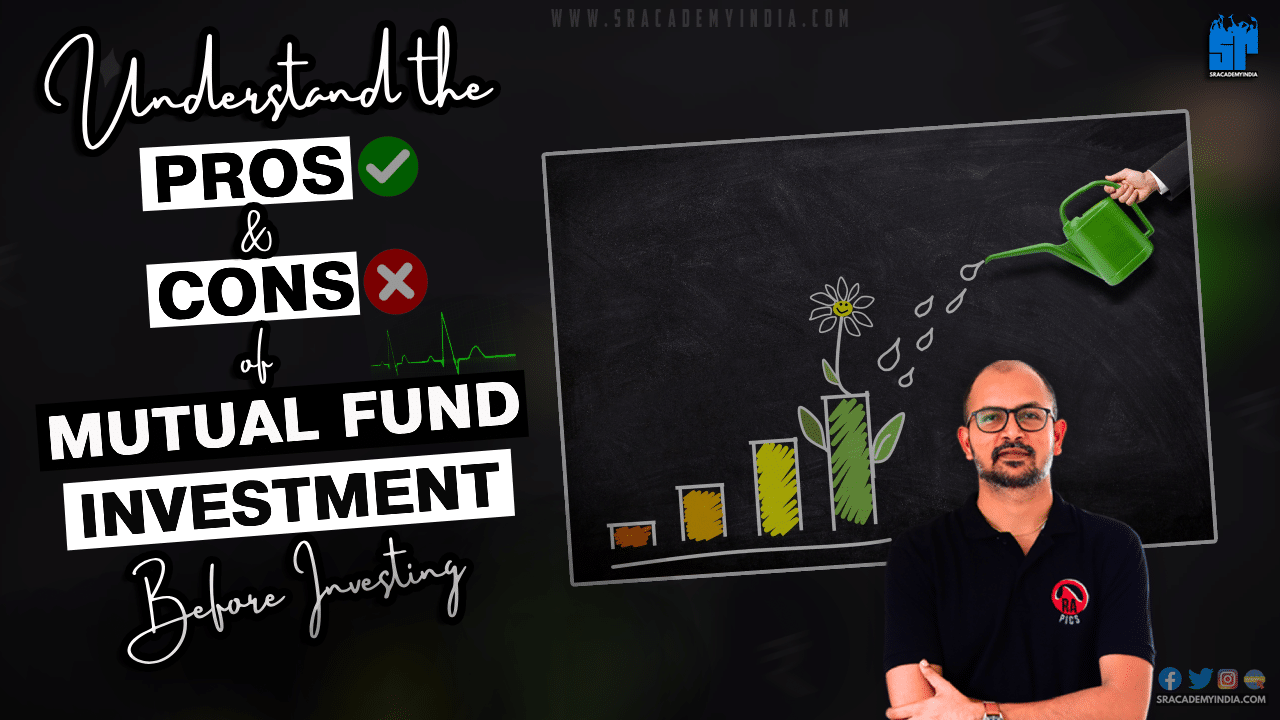ITR For Capital Gain and Salary
What is an Income Tax Return
Income Tax Return (ITR) is a document filed by taxpayers to report their incomes, investment done and tax payable in respect of the income earned in a financial year to the income tax department.
For whom ITR is mandatory?
ITR filing is not mandatory for all individuals. Anyone who satisfies the conditions mentioned in sec 139(1) of the Income Tax Act has to mandatorily furnish the Income Tax Return (ITR) within the due dates.
There are 3 criteria to be checked to know if anyone is covered under mandatory ITR filing which include Income criteria, Expenditure criteria and Additional criteria. Either of these 3 criteria has to be satisfied for ITR filing. Generally, most of the individuals will be covered under Income criteria.
Those who are not covered under either of the above-mentioned criteria may file their ITR voluntarily.
Read the full article here: Is it mandatory to file ITR?
Choosing the right ITR Form
If you are covered under mandatory filing or voluntary filing of ITR, choosing the right ITR form is always crucial as choosing the wrong form may lead to defective ITR.
The ITR form to be filed depends on the residential status & nature of income earned by the individual in the relevant financial year. Thus the same ITR form may not apply to every year. So first identify the sources from which you are getting income and then choose your ITR form.
There are 7 ITR forms available for all kinds of assessee, out of which 4 ITR forms apply to individual taxpayers. They are ITR1, ITR2, ITR3 & ITR4.
Read the full article here: Which ITR form is for Individuals?
ITR for Capital Gain and Salary
Nowadays most salaried individuals are actively engaged in the Stock market either as Investor or Trader.
Salaried individuals who have a Salary, House Rent income & Interest income can go for the ITR1 form. In addition to these incomes, if they have Capital gains from the stock market (i.e. as an Investor) then they may need to file ITR2 to report all such incomes.
In addition to all the above-mentioned incomes, if they also have gain from either Intra-day or F&O, then ITR3 is the correct form to file.
| Nature of Income | ITR Form |
| Salary + House Rent Income (One property) + Interest Income + Dividend | ITR1 |
| Salary + House Rent Income (More than one property) + Interest Income + Dividend + Capital Gains | ITR2 |
| All income (including Business or Professional Income) | ITR3 |
What happens with the wrong ITR form
One should be very careful in choosing the ITR form for the respective financial year, as filing a wrong ITR form leads to a defective return under sec 139(9) of the Income Tax Act. Out of several reasons that could lead to a defective return, choosing the wrong ITR form is one of them.
If the return is treated as Defective under sec 139(9), a defective notice will be served to the taxpayer. Taxpayers can rectify such defects within 15 days from the date of receiving such notice. If the taxpayer fails to rectify the defect within 15 days, then AO may treat the return as invalid which leads to an invalid return.
Conclusion
Though it is not easy for taxpayers to choose the right ITR form as per the nature of incomes earned & residential status, one should carefully understand the income tax provisions relating to ITR filing to avoid penalties & complications associated with the wrong ITR form.
And make sure to do this exercise every financial year before your Income Tax Return filing.
Hope you have enjoyed reading the article, thank you for your time.





